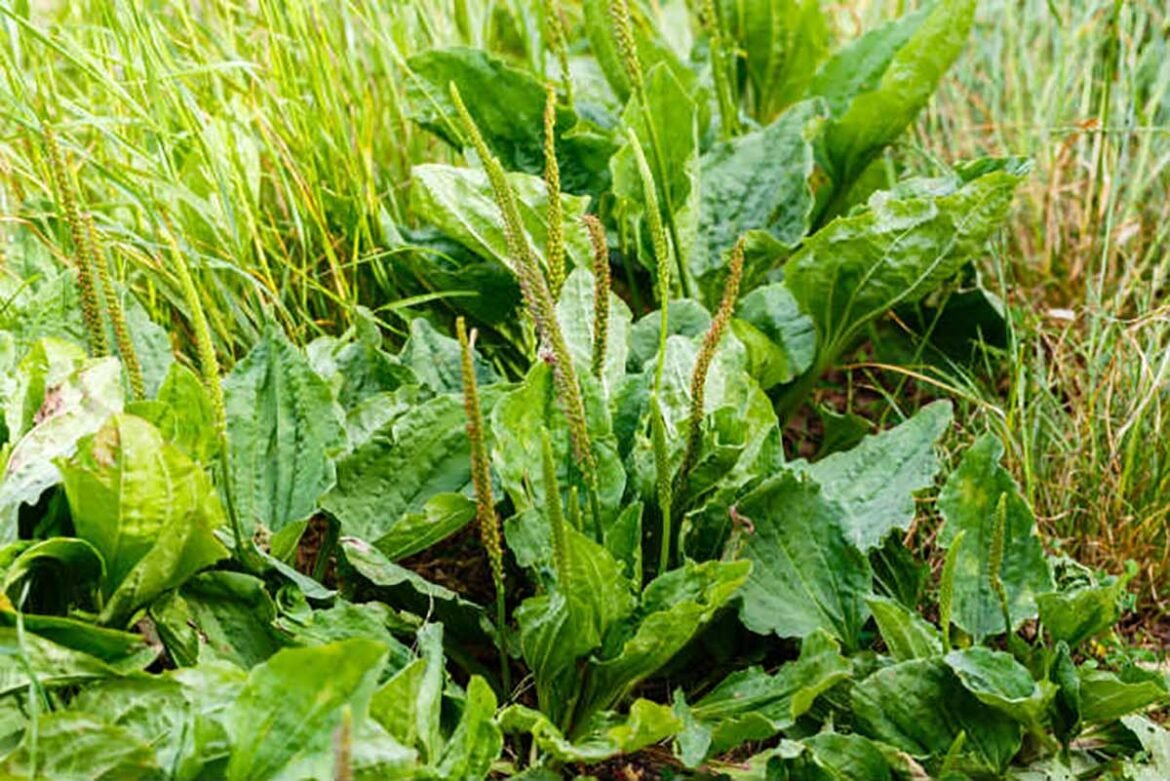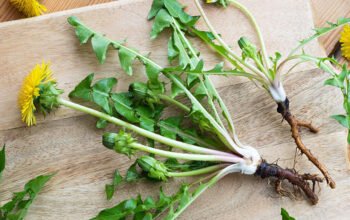“Unveiling Nature’s Super Healer: The Incredible Medicinal Power of Plantain, Often Overlooked and Yet Invaluable”
This seemingly insignificant weed you’ve disregarded could be your ticket to an array of remedies. In British Columbia, Canada, two primary types of plantain, Lance and Broadleaf, flourish. Despite over 200 variations, they share similar benefits. Thriving in poor, rocky soils like driveways, plantain often partners with dandelions. It’s a common sight in gravel pits and construction sites, replenishing disturbed soils. Native Americans dubbed it “White Man’s Foot” as it sprung up where Europeans tread.
For hikers troubled by insects, plantain is a lifeline. Its astringent nature draws toxins from the body. Crush or chew the leaves, apply them as a poultice on bee stings, bug bites, or rashes, and witness its miraculous effect over 4-12 hours. Plantain makes for an excellent balm in emergency kits or a soothing wash for the skin.
Renowned for aiding the digestive system, it’s a boon for those affected by medications, food allergies, or digestive disorders. Leaves and seeds target digestive healing. Brew them as tea, add to soups, or dry them for a kale chip-like snack. The seeds, akin to psyllium, provide absorbable fiber aiding in weight loss when consumed before meals.
With its expectorant properties and high silica content, plantain-infused remedies soothe lung issues, coughs, and colds.
This herb seems a panacea—treating menstrual difficulties, digestive ailments, skin complaints, and even arthritis. Add it to salads, chew it to quench thirst, or incorporate it into your cooking. This adaptable wild vegetable might just be your key to long-lasting health!








